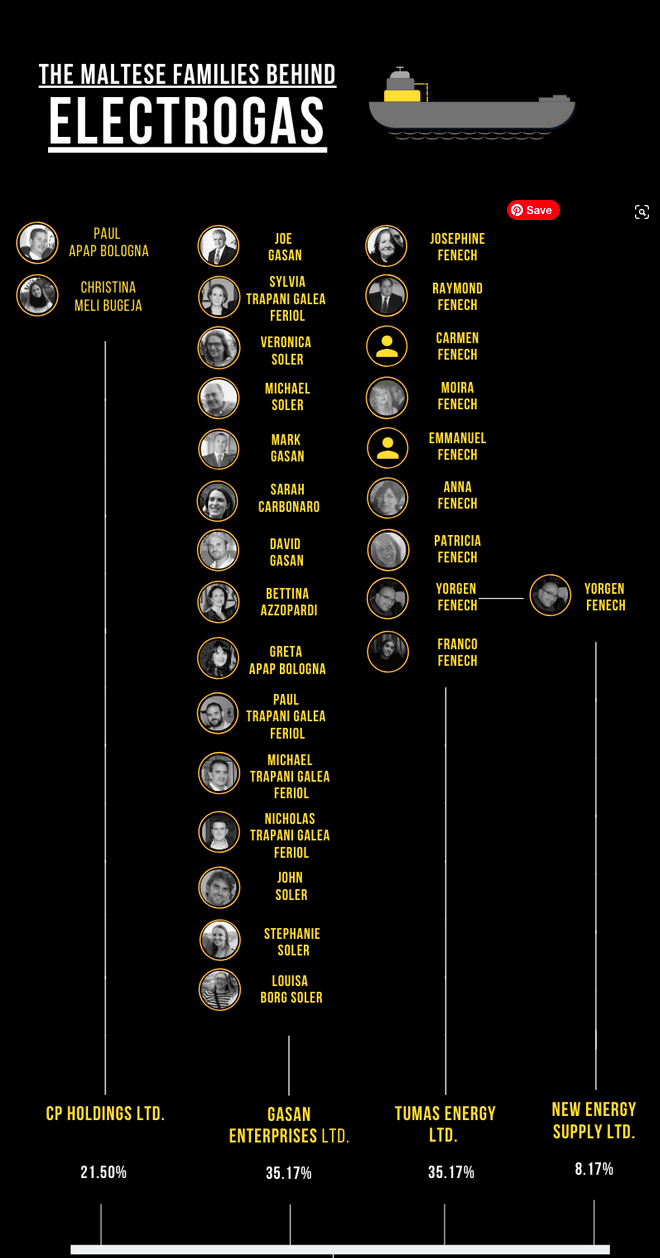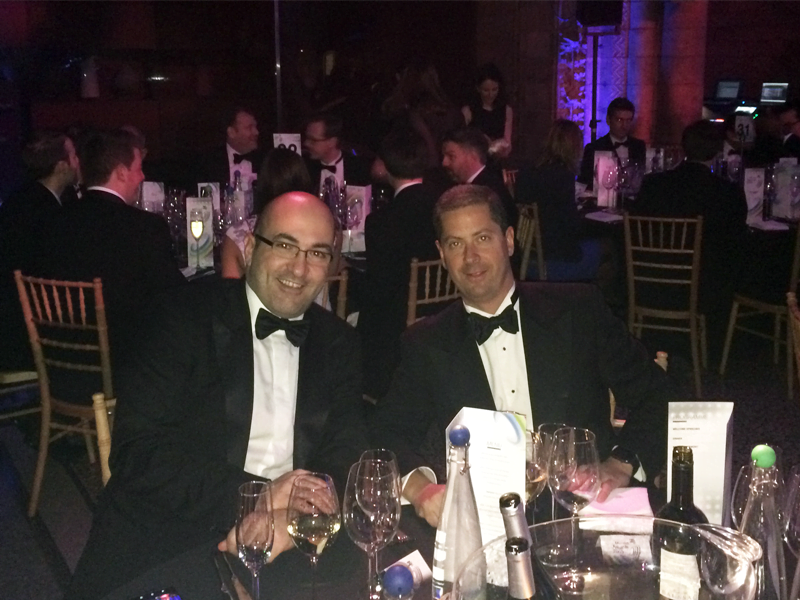Electrogas director and shareholder Paul Apap Bologna was cautioned several times by the Board of Inquiry looking into journalist Daphne Caruana Galizia’s assassination as he told the judges he was unaware of a number of factors tied to Electrogas, some of which had been in the public domain for several months if not years.
Apap Bologna said he did not know why prime murder suspect Yorgen Fenech had resigned from Electrogas in November 2019 and that he was unaware of the reason for Azerbaijani-British national Turab Musayev’s resignation in December 2019 – both happened at a time when protests were being held daily in Malta following revelations of links between Caruana Galizia’s death and the Electrogas project.
He also said he did not know that Electrogas had gone into default, despite it being mentioned in the Auditor General’s report. Apap Bologna said that he did not read the Auditor General’s report “in its entirety”. The Board of Inquiry was incredulous, with Judge Abigail Lofaro warning him repeatedly that he was under oath.
“How do you not know the conclusions of the report? You have a right to disagree with it, but do not tell me that you do not know!” Judge Emeritus Joseph Said Pullicino said in disbelief.
“You don’t care, it doesn’t bother you. That’s a logical conclusion,” Judge Lofaro added.
Asked about whether Electrogas had confronted Fenech after the media reported that he was the owner of 17 Black, Apap Bologna said that they had asked Fenech if 17 Black was his and he did not answer.
“A director is involved in a transaction and you’re asking about his involvement and he isn’t answering you!” Said Pullicino stressed.
“This is incredible, I’m sorry,” Judge Lofaro said.
“They were media accusations,” Apap Bologna said.
He also told the Board that he was not aware of the contents of a statement issued by Gasan saying that they are seeking to exit the project. He said that they had not discussed the statement.
“You are business partners, you are family, and he doesn’t tell you,” said Lofaro, who grew increasingly frustrated throughout the sitting. Apap Bologna’s wife is a member of the Gasan group.
On several occasions, the Electrogas director told the Board that he will “need to check” and get back on basic questions related to operations and financials.
Apap Bologna denies having presented Electrogas project to Labour Party
He repeatedly denied having presented the project to the Labour Party prior to the Party winning the elections in 2013 and the energy project being one of the main electoral promises.
He told the Board that he had presented a research paper, drawn up with the help of a friend in the electricity generation sector overseas, in 2007 to the then-Nationalist administration, including to John Dalli. Yet the project did not move forward with the administration and it was eventually shelved, Apap Bologna said.
It is not the first time that Dalli’s name has cropped up in connection to the Electrogas project. Dalli had been one of the faces published by Caruana Galizia in her first mention of 17 Black. Dalli’s sister, Anna Fenech, is also a shareholder in the company.
Asked whether Fenech’s company New Energy Supply Ltd, which holds 8.17% of the project over and above the other families’ shares was a vehicle for kickbacks, Apap Bologna replied that Fenech had requested that share as compensation for dedicating his time to the project.

Apap Bologna denied contributing money to the Labour Party prior to the election and said that the first time they presented the project to the Labour Party was following statements on the matter by disgraced former minister Konrad Mizzi in January 2013.
It was then that he spoke to Fenech about it since the Fenech family has “the team, the experience with project management as well as the financial means”.
Yet it was pointed out to him by the lawyers representing the Caruana Galizia family that the financials Mizzi presented were very specific and matched the proposal he had presented in previous years. The fact that the project was ‘put together’ in six weeks including tech giant Siemens and Gasol was also noted.
Apap Bologna told the Board that it was Gasol that got SOCAR and Siemens on board. He did not have any qualms about the Azerbaijani interest since they were traders in oil and were introduced by Gasol, whom he trusted.
Did Apap Bologna know of Gasol’s financial problems? Again, “no”.
In a post following the sitting, former PN General Secretary Paul Borg Olivier retorted that it was in 2009 that Apap Bologna had approached him and that at that time research he had done on Gasol showed them to be “very shady, to say the least”.
Borg Olivier said Apap Bologna had mentioned a different year “in a bid to distance the meeting to a time before Joseph Muscat became Leader of the Opposition”.
Apap Bologna insisted that he was not aware of Fenech’s relationship with former Chief of Staff Keith Schembri and Muscat.
“That sounds naive, but anyway, be that as it may,” said Lofaro.
Apap Bologna said he got to know about the relationship between Fenech and Schembri/Muscat “well after the bid”.
“Did you not question it?” asked Comodini Cachia.
Asked what action was taken, Apap Bologna said they spoke to Fenech and after allegations started an audit, which was also encouraged by their auditors PWC.
Following the Panama Papers, Apap Bologna said they were assured by the directors that ‘there was no wrongdoing’.
The former prime minister, his chief of staff and the minister who was the face of the Electrogas project were forced to resign.












